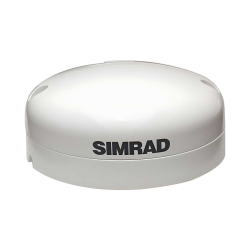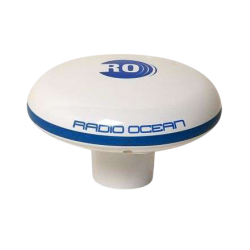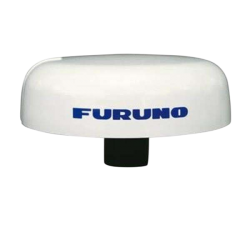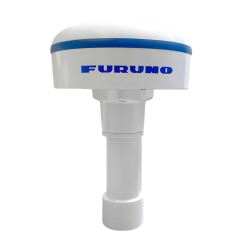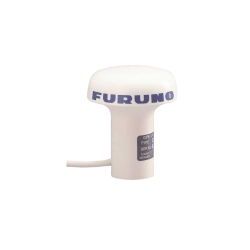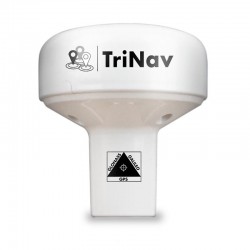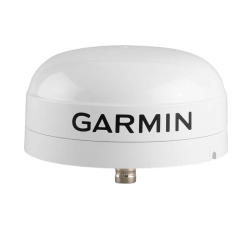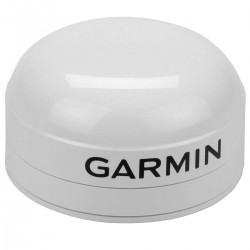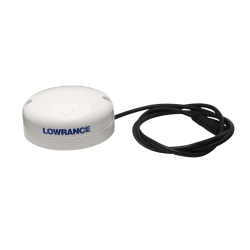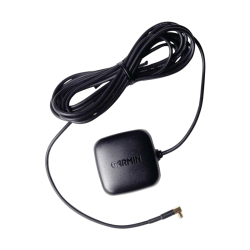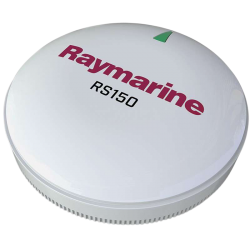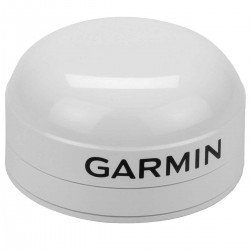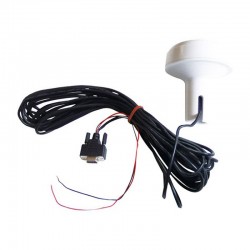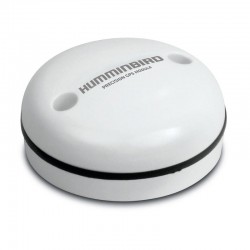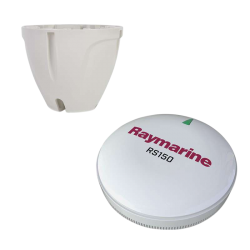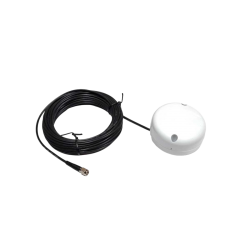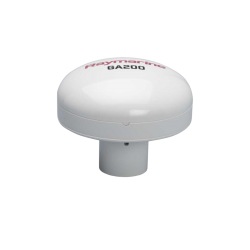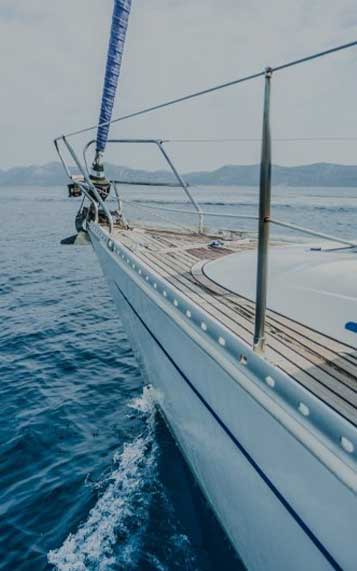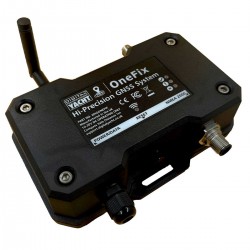Marine GPS antenna
An external marine GPS antenna is a device that enables you to receive GPS (Global Positioning System) signals when you're at sea or on a river. It is generally used with navigation devices such as boat GPS, navigational plotters or depth finders. Find external GPS antennas from Garmin, Furuno, Simrad, Humminbird to improve the range of your built-in GPS, or to add GPS functionality to a VHF or other compatible device.

- -€20.08
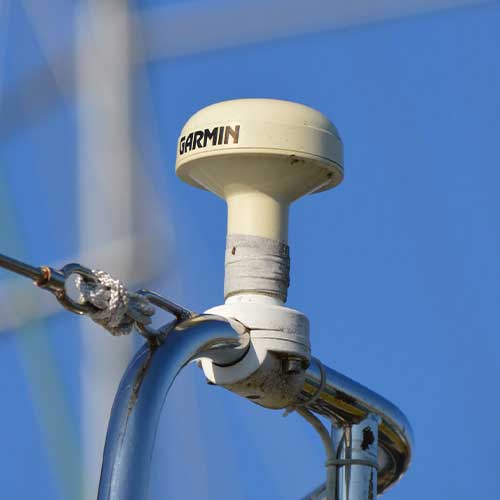 |
WHY USE AN EXTERNAL GPS ANTENNA?An external GPS antenna can be useful in the following situations: To improve GPS signal reception: if you are using a navigation device in an environment where GPS signal reception is poor, for example in a building or dense forest area, or if your boat GPS sounder is in the closed cockpit, an external GPS antenna can help improve signal reception. In fact, the external antenna is generally more sensitive and accurate than the antennas built into navigation devices, which can be useful for improving location and direction accuracy. It should be mounted high up, outdoors. To increase GPS signal range: if you're using a navigation device in a boat, the external GPS antenna can help increase signal range. In fact, the external antenna is generally more powerful than the antennas built into navigation devices, which can be useful for receiving the signal in difficult conditions or at great distances. To replace a faulty antenna: if your navigation device's built-in GPS antenna is faulty or damaged, you can use an external GPS antenna to replace it. This can be useful for continuing to use your navigation device without having to replace it entirely. |
WHERE TO ATTACH AN EXTERNAL GPS ANTENNA?The external marine GPS antenna is usually mounted on the outside of the boat, preferably on the roof or stern, to ensure optimum signal reception. It is connected to the navigation device via a cable and is powered by a battery or by the device to which it is connected. External marine GPS antennas are designed to withstand the weather and harsh conditions encountered at sea, such as waves, rain and corrosion. They are generally more sensitive and accurate than GPS antennas built into navigation devices, which can be useful for improving location and direction accuracy. |
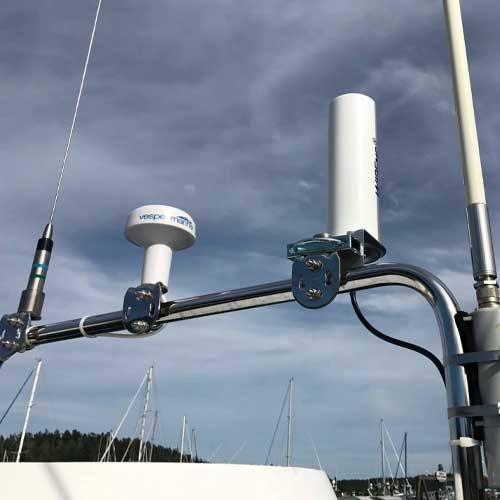 |

